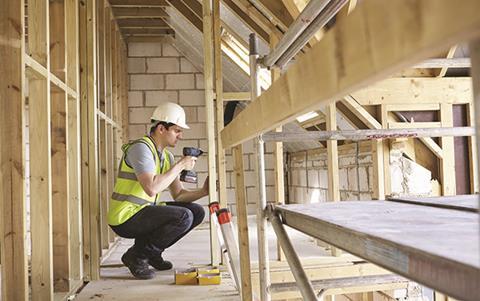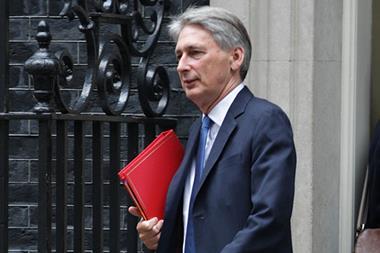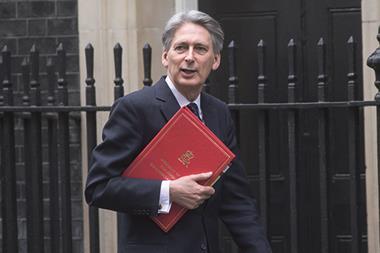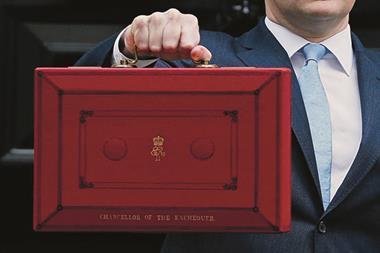
By Alastair Stewart, equities analyst and commentator
I don’t always hold to the efficient markets theory, but the markets very quickly gave their unambiguous verdict when the chancellor stopped talking: housebuilders down and estate agents and bricks manufacturers up.
The agents (Foxtons up 7%, for instance) were judged to be the prime beneficiaries of the unanimously headline-grabbing measure in the Budget, the removal of stamp duty for first-time buyers (FTBs) up to £300,000. This will save a maximum of five grand, not massive in the scheme of things, but for cash-strapped wavering buyers, possibly just enough to swing them into making a purchase.
One reason the agents went up and virtually all the mainstream housebuilders went down (by 2% or 3% in most cases) was that the stamp duty cut is applicable to secondhand as well as new homes, unlike the previous government’s flagship Help to Buy policy.
It might prove not to be entirely the panacea expected for the secondhand market, since an existing owner has to buy a home in order to sell to the FTB and they will attempt to pass on the hit to their buyer. Also the ‘slab’ nature of this measure, in contrast to the incremental nature of the mainstream stamp duty, could cause ‘bunching’ in prices round the threshold. But let’s not be churlish; trebles all round for the agents.
So why the negative reaction among housebuilding shares, since Mr Hammond wants 300,000 homes to be built? Well, the biggest builders were quite happy with the status quo, especially aided by Help to Buy, which, sorry, I’ll say it again, pumps up prices more than volumes.

The Budget appeared to repackage much of the ‘tenure-neutral’ volume stimulus contained in February’s housing white paper, but as yet not enacted. This should provide more momentum for communities secretary Sajid Javid’s ambitious plans to bump up supply-side competition, to which has now been added the demand-side competition from Hammond’s duty cut.
The now greater likelihood of more homes means more bricks and other widgets, hence the modest gains in Ibstock and Forterra.
It’s not so much the content as the tone of Hammond’s speech that should worry builders, including the revival of Javid’s ‘use it or lose it’ rhetoric on that old chestnut, ‘hoarding’ of land.
Much of the finale of the speech was taken up by housing policy, but early on he warned that if land was not supplied to a wider range of participants “we will remain dependent on the major housebuilders that dominate the industry”. How they must yearn for Hammond’s predecessor George Osborne.






























No comments yet